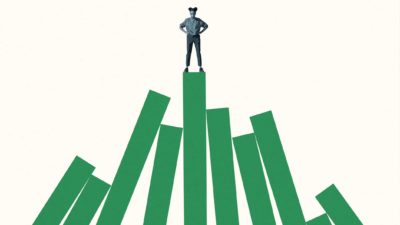There are two diverging signals for Australians to think about for the ASX and Australia's economy.
On the one hand we have housing prices that are booming again nationally, particularly in Melbourne and Sydney. There's a lot of first home buyer fear of missing out at the moment.
The government and the RBA have talked a lot about how a good housing market is important for various sectors including construction and retail. It's also good news for Commonwealth Bank of Australia (ASX: CBA), Westpac Banking Corp (ASX: WBC), National Australia Bank Ltd (ASX: NAB) and Australia and New Zealand Banking Group (ASX: ANZ).
That boom has partly been caused by the Reserve Bank of Australia (RBA) when it decided to cut interest rates to 0.75%. It has helped house prices but I think it seems to have hurt consumer sentiment. Interest rates being sent to emergency levels is not very encouraging.
Low interest rates might make consumers want to close their wallets and save more money in-case there's a recession. There's a chance the RBA could cause what it's trying to avoid.
Yet, some domestic retail shares like Wesfarmers (ASX: WES) (excluding Coles Group Limited (ASX: COL)) and JB Hi-Fi Limited (ASX: JBH) have seen their share prices hit all-time highs even as growth slows. Anything that pays a good dividend yield that isn't a bank has been sent upwards.
It's an interesting conundrum. What's going to happen next? No-one knows for sure. Shares displaying good growth are highly priced. Shares with yield have been pushed up. Either the earnings needs to match expectations (or more) or prices may come back down.
Most banks are reporting that loans arrears are becoming more stretched – how long can that go on for?
Foolish takeaway
I think Australia's economy will continue to trudge forwards. Whilst household debt levels remain at these levels I can't see people letting go of the purse strings too much. The US election may be what causes a big shift. The US – China trade war could end, or an unexpected President (like Warren or Sanders) could cause a lot of volatility.








